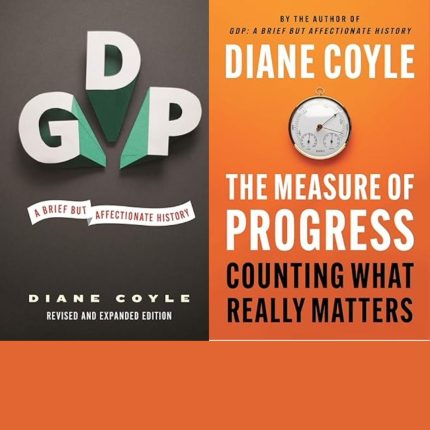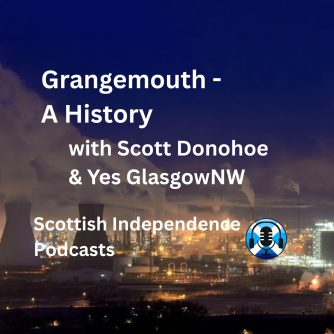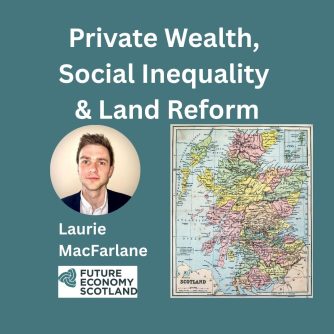Is GDP fit for purpose? Does it measure the right things? Prof Diane Coyle thinks not.
One of our April podcasts is called The Union Dividend Debunked. We have an enthralling conversation with Stuart Donald about the So-called Union Dividend that Unionist love to remind us about.
One of the things which was mentioned by Stuart is the fact that Scotland’s GDP is well able to support an economy geared move to increasing our well-being. The trouble is we’re not in change of our economic levers. The UK Labour and Tory Parties are in charge of those on our behalf. And they are convinced that UK’s economy, and therefore our economy, needs austerity measures. Part of their reasoning for that is the UK GDP.

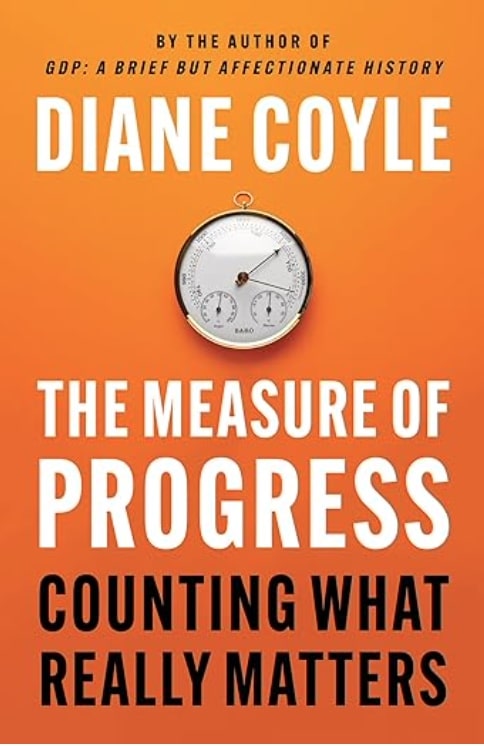
I recently bought a book called “GDP – A Brief but Affectionate History” It’s by economist Prof Diane Coyle. I think she’s a woman with a social conscience. And it comes through in her books. She has another book coming out soon called “The Measure of Progress – Counting What Really Matters”. She was on BBC Radio 4 Today programme the other day talking about it. Have a listen:
What did you think of that?
I was struck by Prof Coyle saying that GDP at the moment is really just the Profit & Loss part of a business’s accounts. But to know how well a business is doing we also need to see their Balance Sheet which lays out their assets and liabilities. Happiness of a population is an asset. So is good infrastructure. But how would we measure them? Education level of its population is an asset to a nation but it doesn’t appear in GDP. Access to green spaces and clean air is an asset but again it’s not part of GDP.
And did you notice that our Chancellor’s notion of fiscal headroom was pretty well dismissed as “not something that’s found in Economics textbooks”.
And by the way, Glasgow University will be awarding her an Honorary Degree in June for her meaningful contribution to society.
Here is the summary that her publishers have written about the Measure of Progress. I reckon it’s one to buy, borrow from your library or from your friends, or get on your Kindle.
Why do we use eighty-year-old metrics to understand today’s economy?
The ways that statisticians and governments measure the economy were developed in the 1940s, when the urgent economic problems were entirely different from those of today. In The Measure of Progress, Diane Coyle argues that the framework underpinning today’s economic statistics is so outdated that it functions as a distorting lens, or even a set of blinkers. When policymakers rely on such an antiquated conceptual tool, how can they measure, understand, and respond with any precision to what is happening in today’s digital economy? Coyle makes the case for a new framework, one that takes into consideration current economic realities.
Coyle explains why economic statistics matter. They are essential for guiding better economic policies; they involve questions of freedom, justice, life, and death. Governments use statistics that affect people’s lives in ways large and small. The metrics for economic growth were developed when a lack of physical rather than natural capital was the binding constraint on growth, intangible value was less important, and the pressing economic policy challenge was managing demand rather than supply. Today’s challenges are different. Growth in living standards in rich economies has slowed, despite remarkable innovation, particularly in digital technologies. As a result, politics is contentious and democracy strained.
Coyle argues that to understand the current economy, we need different data collected in a different framework of categories and definitions, and she offers some suggestions about what this would entail. Only with a new approach to measurement will we be able to achieve the right kind of growth for the benefit of all.
Some of our podcasts with an economic slant…. Economics & Currency
Best ways to support Scottish Independence Podcasts …

We are passionate supporters of Scottish independence – that’s why we give our time for free. If you enjoy what we do, and you would like to buy us the occasional coffee, you’ll be helping us cover more Indy events and bringing you even more great content.
And nominate us as your good cause on Easyfundraising
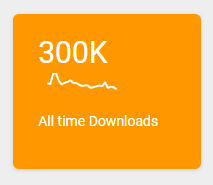
Subscribe to our podcast feeds. Our team produces a NEW podcast episode every Friday. Search for Scottish Independence Podcasts wherever you get your podcasts: Apple, YouTube Music, Podbean, Amazon and many more. If you’ve enjoyed a podcast please share it and tag us in.
Subscribe to our Youtube channel @IndyPodExtra for more of our video footage and clips
Follow us on Social Media. It all helps to extend our reach and be visible to more people. We’re on Facebook, Twitter, Mastodon, TikTok and Instagram. Just click on the buttons and join our on-line community.
